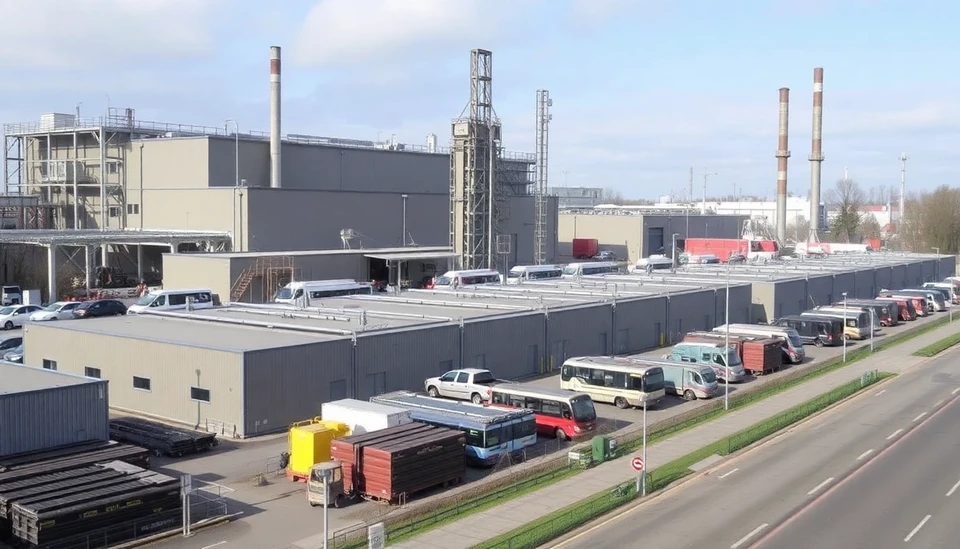
In a concerning development for Germany's economy, factory orders have unexpectedly fallen, marking a new setback for the country's already struggling manufacturing sector. Recent data showcased a notable decrease, raising alarms about the ongoing health of the industrial landscape in Europe's largest economy.
According to statistics released by the Federal Statistical Office, factory orders dropped by 4.0% in October compared to the previous month. This decline was much sharper than the anticipated 0.4% decrease that economists had predicted. This unexpected downturn signifies potential challenges ahead for German manufacturers who have been grappling with tepid demand both domestically and internationally.
The latest figures indicate that new orders in the manufacturing sector have been affected by various external pressures, including ongoing supply chain disruptions and the lingering impacts of heightened inflation. These factors have contributed to faltering consumer confidence and are impacting spending patterns across the board.
Specifically, the drop in orders was driven by a significant decline in demand for capital goods, which plummeted by 7.1%. Orders for machinery and equipment, crucial for sustaining production capacities, have notably decreased, raising concerns about future output and investment. Furthermore, orders for automotive and electronic products, which are vital industrial categories, also showed weakened performance.
This decline in factory orders adds to a series of challenges facing the German economy, which has been under pressure from rising energy costs due to the conflict in Ukraine, as well as inflation rates that have surged in the wake of post-pandemic recovery efforts. The conjunction of these factors has led to financial uncertainty among both consumers and businesses alike, with many reconsidering their investment strategies.
Evidently, the downturn in factory orders is an indication of softening economic momentum, which may lead to further adjustments in business operations and growth forecasts moving forward. Analysts are urging policymakers to consider interventions that could stimulate the manufacturing sector and bolster overall economic activity in the country.
In light of these developments, the German government, alongside the European Central Bank, will likely face increasing pressure to respond appropriately to safeguard industrial employment and stabilize growth. The results of these interventions will be closely monitored in the months to come as stakeholders remain vigilant to the evolving landscape.
This decline serves as a critical reminder of the fragile state of the global economy, and how interconnected factors can quickly shift the dynamics within key sectors. Observers will undoubtedly keep a close eye on any future data releases to better understand the broader implications for Germany and the Eurozone at large.
As the situation develops, it will be vital for both national and international entities to strategize effectively in order to navigate the complexities introduced by these economic conditions.
#Germany #FactoryOrders #Economy #Manufacturing #EconomicGrowth #Inflation #SupplyChain
Author: Daniel Foster




